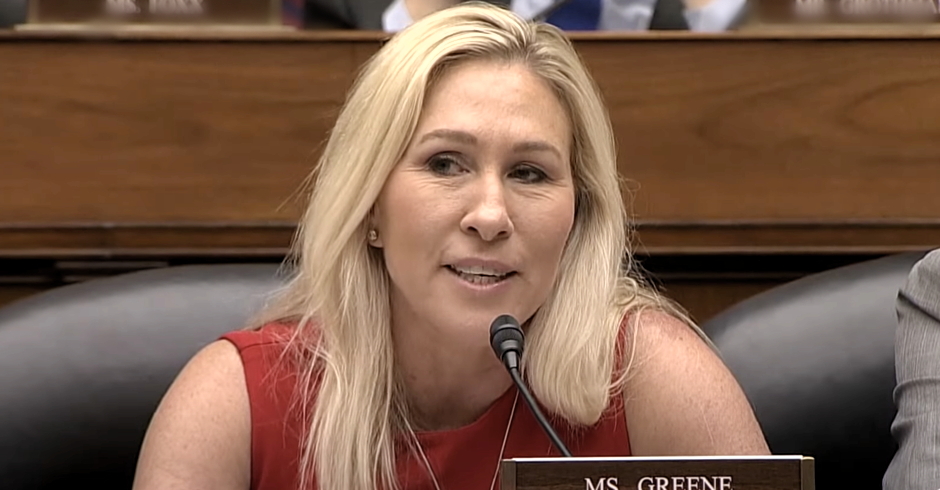News
No, There Will Be No COVID-19 Vaccine Before Election Day — and It’ll Take Two Years to Vaccinate the US: Doctor

President Donald Trump desperately needs a COVID-19 vaccine to help him get through the election in November. The problem, however, is that it’s never going to happen, no matter how hard he tries.
Trump didn’t take the virus seriously until it had spread so far that the stock market cratered, and people panicked, hoarding food, toilet paper, gasoline, water and more.
“Now, the virus that we’re talking about having to do ― you know, a lot of people think that goes away in April with the heat ― as the heat comes in. Typically, that will go away in April. We’re in great shape, though. We have 12 cases ― 11 cases, and many of them are in good shape now,” said Trump Feb. 10, 2020.
“Looks like by April, you know, in theory, when it gets a little warmer, it miraculously goes away,” he also claimed.
“My administration has done a job on really working across government and with the private sector, and it’s been incredible. It’s a beautiful thing to watch. I have to say,” Trump said over a month later, Mar. 29, 2020.
“I’d rate it [our response] a 10. I think we’ve done a great job,” Trump claimed, also in March, just before New York City was forced to bring in a make-shift morgue to hold the bodies stacking up in the hospitals.
Now, Trump is lying again, saying that he’ll have the vaccine in time for the Election. In fact, his administration has put states “on notice” that they need to create distribution centers for the vaccine and have them up and running by Nov. 1.
According to Dr. Jonathan Reiner, George Washington University professor of Medicine, don’t hold your breath on Trump’s claims.
“First of all, no vaccine will be distributed before Election Day,” he said frankly. “Even if we identify a vaccine, which looks both safe and effective, the distribution plan will be really complex. First of all, these vaccines require subzero storage. So, you need a supply chain that can do that. We’ll have to pick who gets the vaccine first. Health care workers, the elderly, nursing homes, people at risk. There is an elaborate plan that will go into this. So, it will take a while to get the vaccine into people, and vaccination will take probably two years to vaccinate the country.”
Public confidence in the vaccine is eroding as Trump appears to be rushing whatever he can get to market as fast as possible for political reasons. It has prompted Americans to speculate that anything the Food and Drug Administration rushes out won’t necessarily be safe. As a result, a greater percentage of Americans are saying they won’t get the vaccine.
“We have to do exactly the opposite of what is being done now,” said Dr. Rainer. “Instead of emphasizing speed, right, there needs to be — used to be an ad that says speed kills. Instead of advocating speed, we need to advocate safety and efficacy. Dr. Peter Marks, who heads up the section of the FDA tasked with approving biologics like vaccines, has publicly stated that he won’t allow a vaccine that he would deem to be unsafe for his family to be administered to the public at large. We need to hear people like that speak out. We’ve also heard from pharmaceutical companies involved in creating these vaccines say the same thing.”
Drug companies have indicated that they were working quickly, but they aren’t cutting corners, despite White House pressure. Dr. Reiner said that he hopes more come out to explain that and promise that the drug will not be dangerous.
See his full statements below:
Enjoy this piece?
… then let us make a small request. The New Civil Rights Movement depends on readers like you to meet our ongoing expenses and continue producing quality progressive journalism. Three Silicon Valley giants consume 70 percent of all online advertising dollars, so we need your help to continue doing what we do.
NCRM is independent. You won’t find mainstream media bias here. From unflinching coverage of religious extremism, to spotlighting efforts to roll back our rights, NCRM continues to speak truth to power. America needs independent voices like NCRM to be sure no one is forgotten.
Every reader contribution, whatever the amount, makes a tremendous difference. Help ensure NCRM remains independent long into the future. Support progressive journalism with a one-time contribution to NCRM, or click here to become a subscriber. Thank you. Click here to donate by check.
 |





























